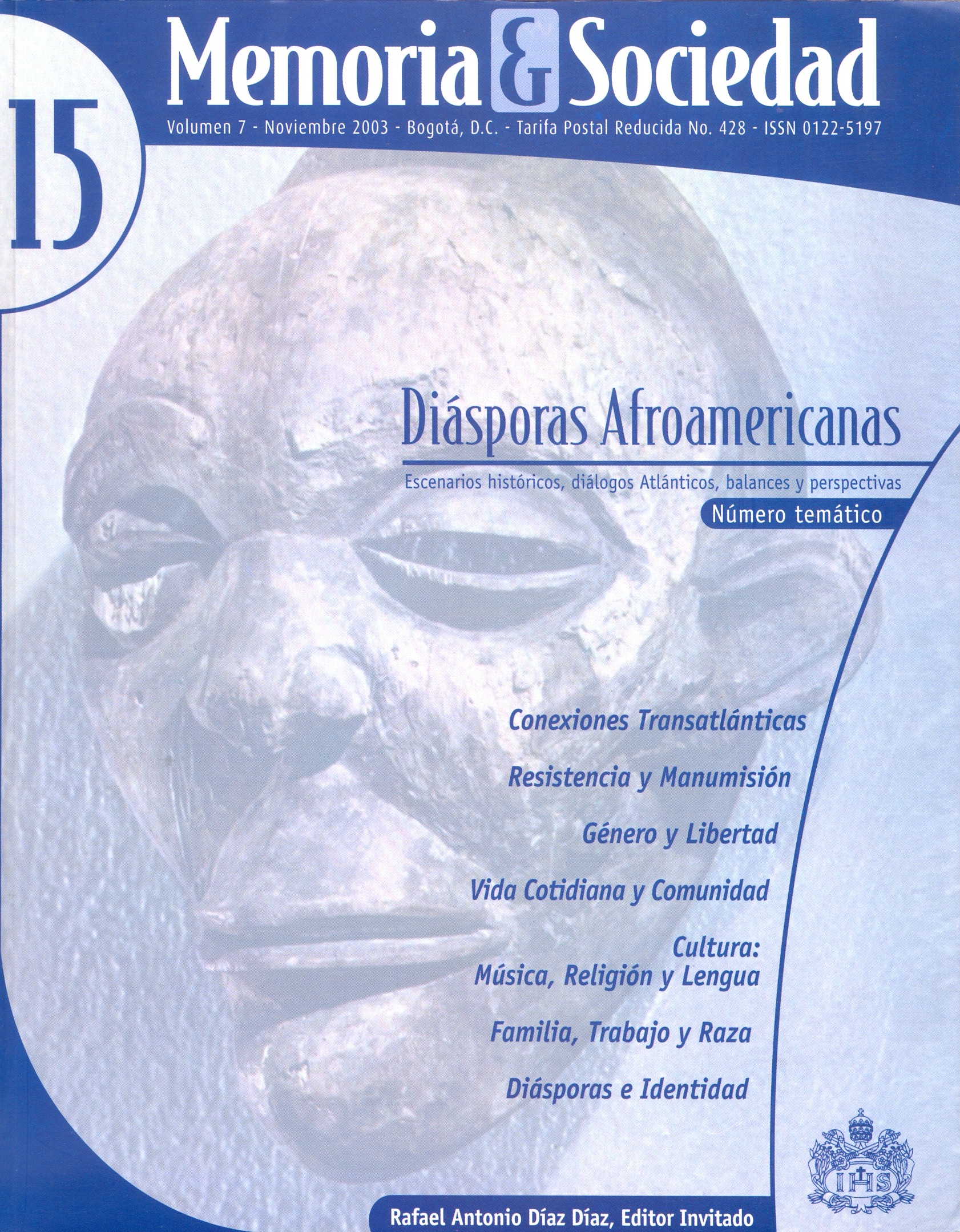Abstract
Through its history, one can see traces of African roots in the popular cult of San Baltazar in Argentina. In spite of starting as an imposed devotion by the clergy and the Spanish Crown to the slaves in the middle of 18th Century, early the later could insert their own cultural traditions, producing a sort of sui generis syncretism.Now days, those traditions are present in some religious ceremonies, especially in the devotional area. So far they consider that he is the patron saint of the joy and fun, they celebrate him with music and dance, being some of them from black roots. In this paper I wish to analyze one of these religious principles. So far there isn't any difference between kings and goods, the divine personality has a bipolar behavior that comes to real in a unique entity movable-non movable, thing- human. In this way, being goods also kings and kings also goods, their divine and royal attributes are object of devotion and subordination by their faithful people-subjects. My hypothesis is that that black people could have applied this principle so far they knew that double characteristic of this saint: divine (he is a saint) and royal (he is one of the three Wise Men), compatible with their ancestral believes.
The journal Memoria y Sociedad is registered under a Creative Commons Attribution 4.0 International Public License. Thus, this work may be reproduced, distributed, and publicly shared in digital format, as long as the names of the authors and Pontificia Universidad Javeriana are acknowledged. Others are allowed to quote, adapt, transform, auto-archive, republish, and create based on this material, for any purpose (even commercial ones), provided the authorship is duly acknowledged, a link to the original work is provided, and it is specified if changes have been made. Pontificia Universidad Javeriana does not hold the rights of published works and the authors are solely responsible for the contents of their works; they keep the moral, intellectual, privacy, and publicity rights.
Approving the intervention of the work (review, copy-editing, translation, layout) and the following outreach, are granted through an use license and not through an assignment of rights. This means the journal and Pontificia Universidad Javeriana cannot be held responsible for any ethical malpractice by the authors. As a consequence of the protection granted by the use license, the journal is not required to publish recantations or modify information already published, unless the errata stems from the editorial management process. Publishing contents in this journal does not generate royalties for contributors.

